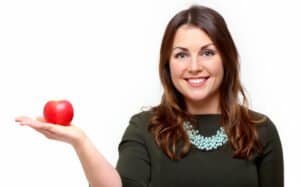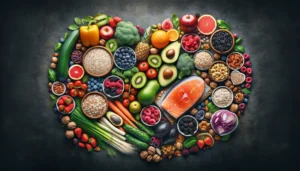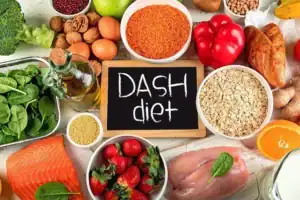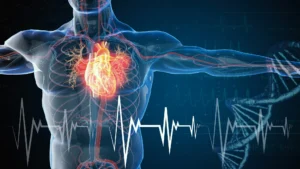No.
How eggs got such a bad rep was in 1970, the American Heart Association Nutrition Committee advised the general public to consume less than 300 mg of dietary cholesterol per day. They thought cholesterol in food raised our blood cholesterol levels. As 2 eggs contains the full 300mg target, eggs were a natural target. We were then told to limit our egg intake.
Then what happened was more data was collected through scientific research. Instead of looking at the impact of single nutrients on our body, they started looking at the impact of single foods on our body. After all, we don’t eat single nutrients like cholesterol. We eat the food that provides cholesterol, among other things. Which makes more sense. After all eggs naturally contain many essential micronutrients necessary for optimal health including vitamins B2, B5, B12, folic acid, biotin, as well as iodine, phosphorus and selenium. In addition eggs can be one of the few natural food sources of vitamin D. They’re also a great source of high quality protein and only provide about 80kcal which is less than the slice of bread they’re served on.
So, after a bit more research, it began to emerge that cholesterol from our food played only a very small role in increasing blood cholesterol.











